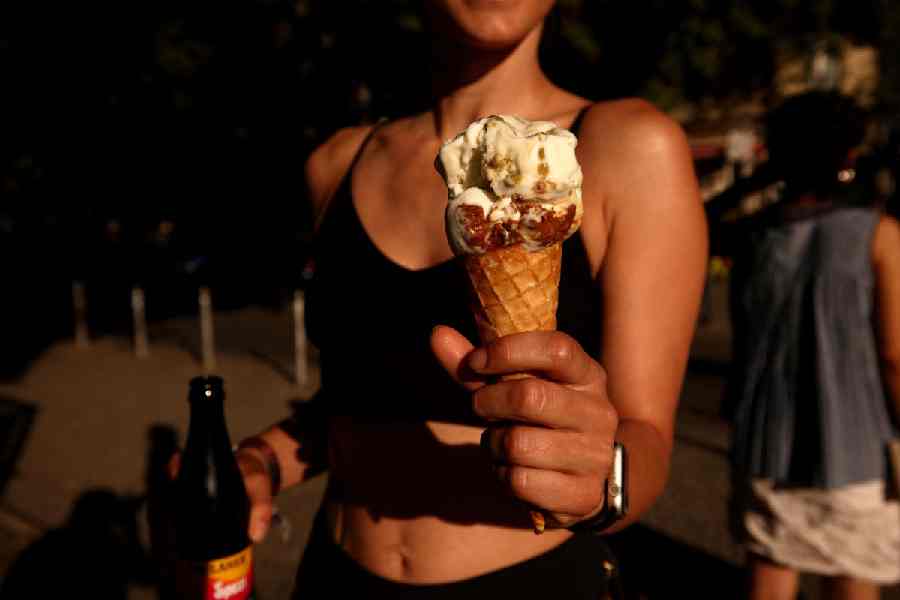Dairy products and desserts before bedtime might fuel bad dreams — even nightmares — in some people, sleep and psychiatry researchers said in a study published on Tuesday.
Their study has linked the severity of nightmares to self-reported lactose intolerance and other food allergies, while adding fresh evidence to earlier findings that unhealthy diets can shape bad dreams.
“Our findings point to new factors that appear to trigger or aggravate nightmares,” said Tore Nielsen, professor of psychiatry at the University of Montreal, Canada, and director of its affiliated Dream and Nightmare Lab, who led the study.
Nielsen and research scholars Jade Radke and Claudia Picard-Deland invited over 1,000 volunteers to complete an online survey probing the self-perceived effects of foods on their dreams, with questions about diet, food intolerance and allergies, and sleep quality. Only a small proportion of participants — 59 (5.5 per cent) of 1,076 — reported connections between their food and dreams, but the patterns within this group were surprisingly clear.
Within that subset, 22 per cent recalled disturbing dreams and 21 per cent recalled bizarre dreams after consuming dairy products.
“Dairy was the second most commonly blamed food group after desserts and sweets — many of which also likely contain dairy,” Nielsen told The Telegraph.
Participants who had food allergies or lactose intolerance appeared more prone to nightmares, especially when they also had gastrointestinal symptoms.
The study also found that healthy eating — such as avoiding late-night meals — was linked to better dream recall, while unhealthy habits like eating late or ignoring hunger
cues were associated with more nightmares and negative dreams.
Current neuroscience theories suggest that nightmares emerge when the brain is consolidating
memories, and anxiety, stress and trauma contribute to disturbing or frightening dreams.
“It remains unclear whether the dietary factors assessed cause dream changes, whether dreaming affects dietary choices, or whether some third factor affects both diet and dreaming,” they wrote in their study published in Frontiers in Psychology.
They said their findings support the idea that specific food-induced symptoms — such as bloating, cramping, or excess gas during sleep — could negatively affect dreams.
On a practical note, Nielsen said the findings suggest that people who suffer from nightmares might benefit from checking whether they have lactose intolerance or food allergies and from adjusting their diets accordingly, while striving to eat a healthy diet.










